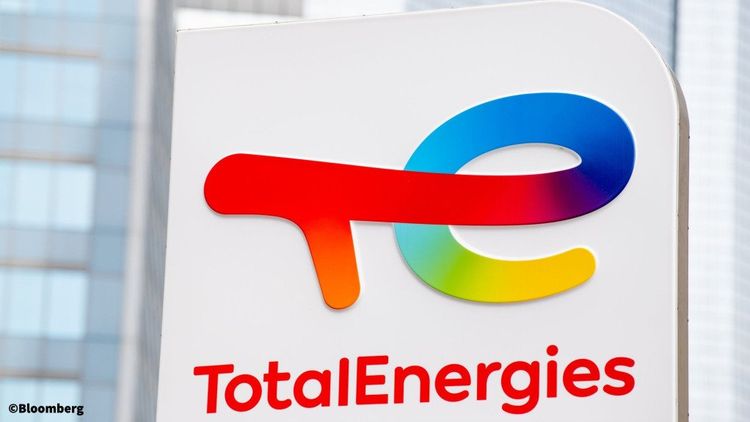Total's LNG-project revival crucial for Mozambique to pay debt

Mozambique’s ability to keep servicing its rising debt pile depends on the resumption of TotalEnergies SE’s $20-billion liquefied natural gas project, according to S&P Global Ratings.
The project, once touted as Africa’s biggest private investment, stalled in 2021 following terror attacks by Islamic State-linked rebels in Mozambique’s northeast. Progress in containing the violence has led to speculation that work may resume in the coming months, but TotalEnergies has yet to make a decision.
Patrick Pouyanne, CEO at the French oil and gas major, said in February he’s in no hurry to resume. Yet Mozambique faces growing debt payments that might be difficult to meet without revenue it had been banking on from the project.
Yearly coupon payments on the nation’s sole $900-million eurobond jump to 9% from 5% next year. Principal payments of $225-million start from 2028.
“It’s really critical for these gas projects to come online and for them to be able to generate the revenue,” Leon Bezuidenhout, sovereign analyst at S&P, said in an interview last week. “Even now there’s still pretty high debt-servicing costs before the ramp up in these eurobond payments.”
SECURITY SITUATION
Foreign troops from Rwanda and a separate deployment from the Southern African Development Community have helped improve the security situation in Cabo Delgado province, where the Mozambique LNG project is located.
Still, frequent raids by mostly small groups of insurgents have continued as they’re able to evade authorities in densely forested areas. At least 4,668 people have died since the violence started in 2017, according to Cabo Ligado, a website that monitors the war.
Mozambique’s eurobonds fell 0.8% to 75.2 cents to the dollar in London on Wednesday, the lowest level since December 9. S&P rates the notes at CCC+.
The International Monetary Fund agreed last year to a $456-million support package after a six-year hiatus, unlocking yet more funds from other concessional lenders including the World Bank.
That provides some buffer. The IMF views Mozambique’s debt as sustainable even without the revenue from TotalEnergies’ project. While Mozambique in November exported its first LNG cargo from a much smaller floating production platform that Eni SpA built, that revenue won’t cover debt payments, according to Samira Mensah, senior credit analyst at S&P.
GRADUAL RETURN
At least one supplier to the project is optimistic that the work will gradually start.
Alessandro Puliti, CEO at Saipem, which has a multibillion-dollar contract for the Mozambique LNG project, told investors last month that he sees a gradual return from July.
TotalEnergies’ Pouyanne said he’d make a decision to return after a report by experts on the security situation that was due by the end of February.
“It’s not if, in our opinion, it’s rather when,” said Mensah. Russia’s invasion of Ukraine has upended global natural gas markets, and European buyers are searching for alternative supplies.
“With the geopolitical tensions around Ukraine, everybody wants LNG and Russia’s somewhat out of the equation,” Ravi Bhatia, director for Africa at S&P, said in an interview. “These projects have always been extremely viable. Now it’s even more viable.”




























































